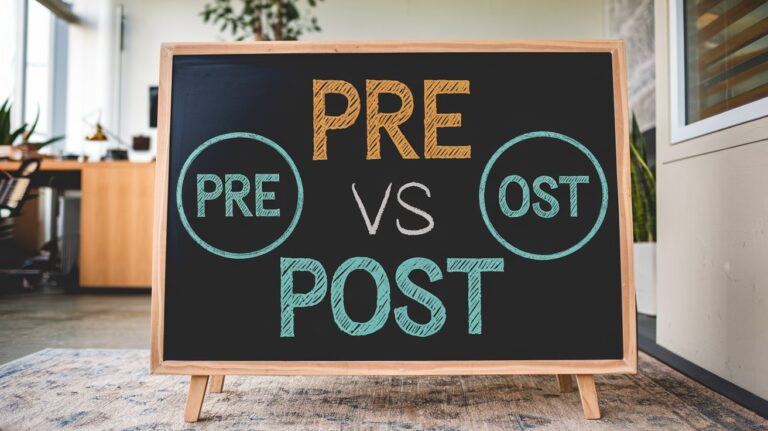Mastering PSLE Math: How the Right Tuition Can Boost Your Child’s Confidence and Scores
When it comes to primary school education in Singapore, few milestones are as significant as the Primary School Leaving Examination (PSLE). Among the core subjects tested, Mathematics often emerges as one of the most challenging. For many parents and students, PSLE Math tuition has become a valuable support system that not only reinforces classroom learning but also builds essential problem-solving skills.
In this article, we explore why PSLE Math tuition is increasingly popular, what makes it effective, and how parents can choose the right tutor or centre for their child.
Why PSLE Math Is Challenging for Many Students
Math at the PSLE level is more than just addition, subtraction, multiplication, and division. It demands logical thinking, mastery of concepts, and the ability to apply knowledge in real-world scenarios. Many questions are designed to test a student’s analytical and critical thinking skills rather than rote memorisation.
What often makes it difficult is the pace of the curriculum and the pressure students face in primary six. While schools do their best to cover all topics, some students struggle to keep up or need more personalised attention. This is where tuition steps in as a practical solution.
The Role of PSLE Math Tuition
The purpose of PSLE Math tuition isn’t just about doing extra worksheets. At its best, it offers a tailored approach that identifies gaps in understanding, strengthens conceptual knowledge, and teaches exam techniques that are specific to the PSLE format.
Some key benefits include:
Focused Attention
In a classroom setting, a teacher handles many students at once. A tuition class—especially a one-to-one session or small group—allows for more focused interaction. Tutors can zoom in on specific topics a child is struggling with, whether it’s fractions, ratios, or word problems.
Clarity of Concepts
One of the most common reasons students fall behind in Math is a weak understanding of foundational concepts. Good tutors break down complicated ideas into simple, digestible parts and use real-life examples to make learning relatable.
Exposure to Exam-Type Questions
PSLE questions are often tricky and require more than basic computations. Tuition sessions often include exposure to heuristic questions, non-routine problems, and time-based practice that simulate actual exam settings.
Confidence Building
Struggling with Math can be frustrating. Tuition helps students regain confidence by allowing them to learn at their own pace, correct misconceptions, and eventually master challenging areas.
How to Choose the Right PSLE Math Tuition
Not all tuition is created equal. Some centres focus heavily on drilling and memorisation, while others emphasise understanding and critical thinking. When evaluating a tuition provider, parents should consider the following:
Tutor Credentials and Experience
Look for tutors who are familiar with the MOE syllabus and have experience specifically in preparing students for PSLE. Former teachers or tutors with proven track records often bring insights into exam trends and common pitfalls.
Teaching Style
Every child learns differently. Some thrive in a structured environment, while others prefer a more interactive approach. Trial classes can help assess if the teaching style suits your child’s needs.
Class Size
Smaller class sizes usually mean more attention for your child. While one-on-one tutoring may offer the most personalised experience, small groups can also be effective if interaction and peer learning are encouraged.
Materials and Curriculum
A quality tuition programme should provide comprehensive notes, worked examples, and past-year PSLE questions. Some centres also offer customised worksheets that align with your child’s progress.
When to Start PSLE Math Tuition
While some parents start tuition as early as Primary 3 or 4, most begin more seriously in Primary 5 or early Primary 6. This gives enough time to build strong fundamentals before revision season kicks in.
That said, it’s never too late. Even in the months leading up to the exam, effective tutoring can help bridge critical gaps and boost performance significantly. The key is consistency and commitment from both student and tutor.
Common Topics That Require Extra Attention
Some Math topics tend to be more challenging than others. Based on tutor feedback and past exam trends, areas that often require reinforcement include:
- Heuristics (e.g., guess and check, working backwards)
- Word problems involving ratios and percentages
- Geometry and area of complex figures
- Speed, time, and distance
- Algebraic thinking and pattern recognition
Good tuition goes beyond solving questions; it teaches students how to identify which method to apply in different scenarios.
Beyond Grades: Developing a Growth Mindset
While improving grades is a clear goal, PSLE Math tuition also helps cultivate a positive attitude towards learning. Children begin to understand that mistakes are part of the learning process. They learn resilience, persistence, and the ability to approach problems with a can-do spirit.
Over time, many students who once feared Math begin to enjoy the challenge it presents. That mental shift can have a lasting impact well beyond the PSLE.
Final Thoughts
In a highly competitive academic environment like Singapore’s, PSLE Math tuition can be the difference between struggling and excelling. It provides structure, personalised guidance, and confidence—things that are often hard to achieve in a crowded classroom alone.
For parents, the goal should not be to overload their child but to provide just enough support to help them succeed. With the right tutor and approach, students can not only pass their PSLE Math exams but also develop the analytical skills they’ll need for life.
If your child is facing difficulties or lacks confidence in Math, consider investing in a well-rounded tuition programme. It could be the step that changes everything.







